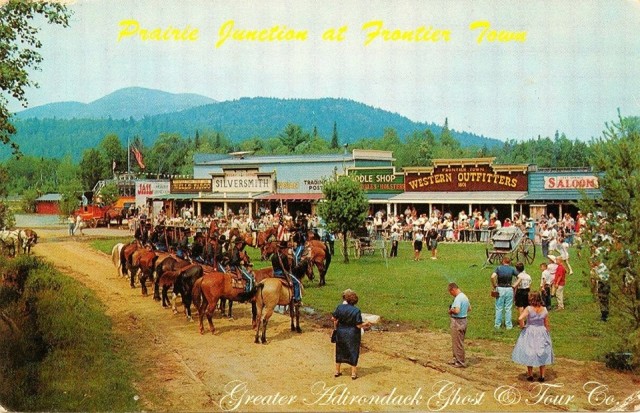“Every person has a longing to be significant; to make a contribution; to be a part of something noble and purposeful.” John C. Maxwell
My dad contacted polio in 1954 which resulted in paralysis of his arms and legs as well as his lungs. He used a rocking bed at night and a respirator during the day. If he was sitting upright in his wheelchair, he could “frog” breathe for a portion of the day.
From that first day of becoming ill, organizations and individuals stepped up to help. And some of that assistance lasted for over two decades. The Delmar Fire Department, a volunteer nonprofit organization, not only took him to the hospital for the initial emergency, but also brought him by ambulance from the hospital to home and back for weekends when he graduated from the iron lung, and before he was able to live at home. The March of Dimes, not only funded part of his ongoing daily care, but also supplied respiratory equipment such as the rocking bed and chest respirators. And individuals provided babysitting, prepared meals and assisted getting dad up and down steps at church and other venues. There were no handicap ramps, sloping sidewalks or handicap parking spaces in the fifties, sixties and seventies.
Today, volunteering is one of my passions. I have always enjoyed helping others and it gives me great personal satisfaction. I attribute my desire to serve others from watching those terrific individuals and organizations of volunteers give of their time to help our family. Time is a “nonrenewable resource”¹ and I am grateful that others were so willing to give of their time and themselves.
While volunteering the other day, someone called me “noble”. Wow, unexpected and undeserved… what an old-fashioned word. I had to verify the meaning in the dictionary in case there were other or new meanings that I wasn’t aware of. I didn’t think of myself as being noble.
President Obama recently awarded the Medal of Honor to Retired Marine Cpl. William “Kyle” Carpenter who almost died after receiving horrific injuries from falling on a grenade to shield a fellow Marine, going above and beyond the call of duty. That, to me is the definition of noble!!!
On June 6, 2014, the 70th anniversary of D-Day, we remembered the courage and bravery of the 160,000 allied troops that stormed Normandy. Four soldiers were awarded the Medal of Honor for their gallantry, courage and valor above and beyond the call of duty: all of those soldiers were noble.
Having never served in the military, I haven’t personally experienced the comradery that exists between soldiers. But you also hear about courage and bravery in other reports such as the firemen that entered the Twin Towers and died trying to save others on September 11, 2001 and the nineteen Granite Mountain Hotshots who died on June 30, 2013 in the Yarnell fire. You read about policemen and ordinary people who perform extraordinary, miraculous rescues of people trapped in cars in highway accidents, floods or underwater. Those are the epitome of the definition of noble.
To have a soldier tell me that my volunteering is noble was humbling. I could only respond, “oh no, your sacrifice for our country is noble”.
Since that day I have spoken with several friends about this comment and was surprised by their responses. Each one saw volunteering as a noble activity. I hadn’t thought of volunteering in that way. When I retired, I wanted to ensure that I had a sense of purpose and followed one of my passions of service to others and giving of my time which had previously been so limited. I certainly did not want the only epitaph on my tombstone to say “workaholic”.
My career in corporate taxation never felt as rewarding as volunteering. Obviously gratification comes from paychecks, benefits and titles. But there was limited praise and thank yous. It was your job. In volunteering there is a “thank you” for showing up, for giving of your time and often giving of your special expertise. And especially gratifying is the exuberance in the appreciation when I am able to provide that little bit extra. I see it as “paying it forward” because when I was growing up volunteers helped our family and especially my dad.
¹ You Can Buy Happiness (and It’s Cheap) Tammy Strobel
